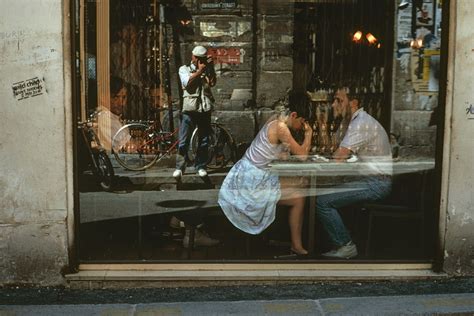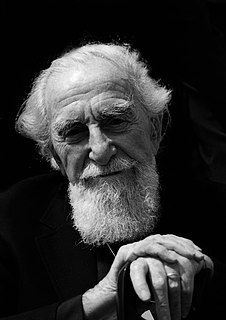A Quote by Paulo Coelho
It's not difficult for me to put my feelings into written form. I try to be concise and to go direct to the subject. This is what people like about my work, and what the critics hate.
Related Quotes
If a subject has a delicate surface to it, you do not want to go charging in there. You need to establish some kind of presence and understanding. I will say, Try to forget I'm here. I won't ask you to pose, I won't ask you to do anything. It's important that I just be allowed to be around, to be present. Photographing people requires a willingness to be rejected. So, I think the best approach is to be honest and direct. Very often, I tell them, You don't know me. There's no reason why you should trust me... the only thing I can promise is that I'll try to do the most honest work I can.
I got jury duty and I didn't want to go, so my friend said, "You should write something really really racist on the form when you return it. Like, you should put 'I hate chinks'." And I said, "I'm not going to put that on there just to get out of jury duty. I don't want people to think that about me." So instead I wrote, "I love chinks." And who doesn't?
I think as you get older, you realize there's always going to be critics. Critics are going to win every time because they can change their critique based on the stats and their own personal feelings. It's less about proving people wrong, the critics wrong, and it's more about challenging myself to keep this level up.
During the year 1894, Pierre Curie wrote me letters that seem to me admirable in their form. No one of them was very long, for he had the habit of concise expression, but all were written in a spirit of sincerity and with an evident anxiety to make the one he desired as a companion know him as he was.
I try to keep feeling what's going on and try to use the camera, the actors and the design to enhance those feelings. There's something really emotionally direct and honest about how I put the material with the images. You hope that the strength of mise-en-scene comes from an honesty towards the material. You also hire really well.





































